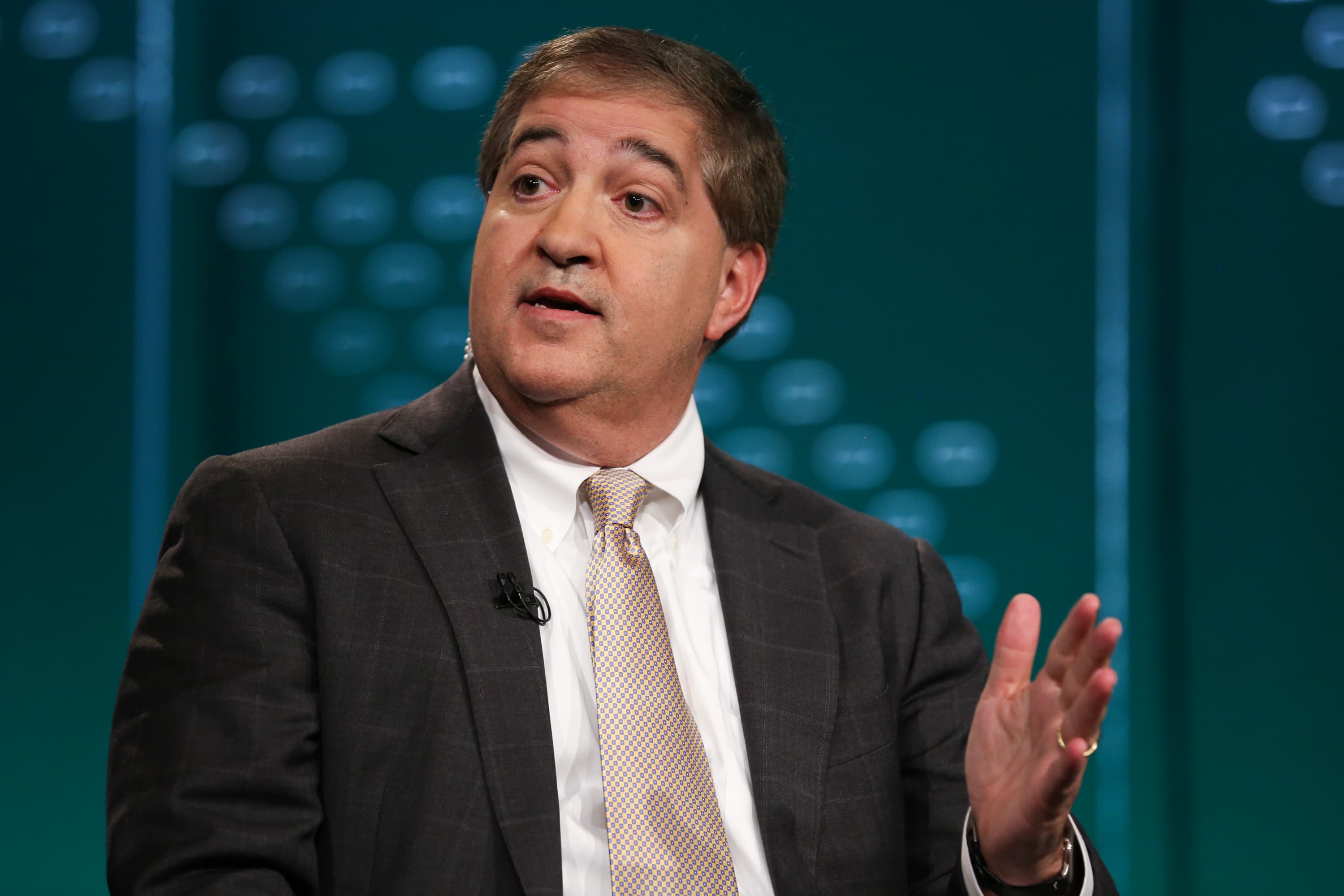This post was originally published on this site

Jeffrey Vinik, owner of the Tampa Bay Lightning.
Adam Jeffery | CNBC
Star stock picker and longtime money manager Jeffrey Vinik explained Thursday that he’s shuttering his hedge fund because would-be investors balked at his investment strategy, a reluctance that ultimately capped how much his relaunched firm was able to raise.
“Long/short equity performance has not been good the last five to 10 years. So asset allocators are very leery of putting any money to work in that particular class,” Vinik told CNBC’s “Squawk Box.”
“What we heard back continually was: ‘We don’t like this asset class, we’re not putting money with long/short asset managers, we’re not convinced that your style works,'” he added.
Vinik announced in a letter to investors on Wednesday that, less than one year after relaunching his hedge fund, he’s closing the funds on Nov. 15. The manager had hoped to raise between $2 billion and $3 billion, but ultimately raised only about one-sixth of his goal.
In his letter, the fund manager explained to stakeholders that “it has been much harder to raise money over the last several months than I anticipated.” Vinik explained on Thursday that’s the lackluster fundraising was likely related to the underperformance of hedge funds versus the broader stock market in recent years.
Vinik’s announcement earlier this week came just months after he told CNBC in January that he was relaunching his firm. Since then, however, Vinik Asset Management funds rose 4.8% on a net basis between March 1 and Sept. 30; the S&P 500 rose 6.1% and returned 7.39% over the same period.
But Vinik told CNBC that he was happy with the performance this year and that’s not why he had trouble raising funds. He said heightened standards imposed by modern asset allocators were part of the problem, who need to see a recent and stable track record of solid performance.
It’s “very different than 10 years ago, 20 years ago. Just the process by which they vet managers and do their work was much longer, much more thorough than it was when I started in the business, where you know literally I made the rounds in New York and a couple other places,” he said on Thursday.
Wall Street’s increasing preference for quantitative strategies — based on computer models and algorithms — and passive investing can come at a cost for more traditional money managers like Vinik, who began their careers steeped in fundamental analysis and savvy stock picking.
The Wall Street regular cut his teeth managing Fidelity’s Magellan fund before opening Vinik Asset Management in the 1990s. Over a 17-year run spanning the mid-1990s to 2013, Vinik’s fund returned 17% annually, according to The Wall Street Journal.
Quantitative funds have grown in favor in the hedge fund business, bringing in more money than the traditional funds like those from the likes of Vinik. Passive investing overall, fueled by the growth in exchange-traded funds blindly tracking indexes, is booming while old-fashioned stock pickers struggle.


